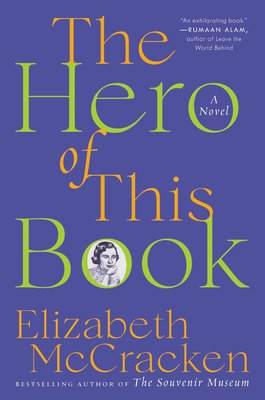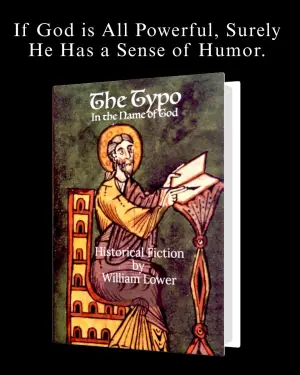
08 May Book Review of The Hero of This Book
Discovering the Layers of Love: A Review of The Hero of This Book by Emily McCracken
When I first picked up The Hero of This Book by Emily McCracken, I was drawn in by the title. It sparked memories of my daughter’s favorite childhood tale, The Monster at the End of This Book. I approached it with curiosity, knowing from prior reviews that McCracken’s work takes the reader on an unconventional journey. I had never read her before, but I was eager to explore a story rumored to defy categorization—much like the way we navigate love and grief in our own lives.
At its heart, The Hero of This Book centers on a daughter coming to terms with the loss of her mother. As McCracken writes, “My mother loved stories, particularly stories about herself,” making the case for her mother as the eponymous hero. Yet, McCracken also asserts, “But it’s my story too,” capturing a beautifully complex interrelationship that underscores the book’s emotional landscape. Here, McCracken invites us into a labyrinth of mourning, humor, and introspection, rendering the intangible concepts of love and loss into something palpable.
What struck me most was McCracken’s candid exploration of how memories intertwine with creativity. The narrative oscillates between heartfelt emotion and wry commentary, creating a refreshing layer of self-awareness. It is that duality—where grief often meets levity—that captivated me. The book is not driven by a conventional plot, yet it pulsates with a rhythm of its own, guiding us through the tapestry of McCracken’s recollections and reflections on her mother and her own writing.
I appreciated the metafictional elements and the author’s playful jabs at the conventions of literary authenticity. McCracken blurs the lines between her life and that of her fictional avatar, cheekily commenting, “Writers are dull by themselves… I find myself intolerable.” This self-deprecation lent a charm to the prose, making it as delightful as it is thought-provoking.
One moment that resonated deeply with me was when McCracken mused on the inadequacy of words to capture the essence of her mother: “My mother… cannot be represented in any autobiographical or fictional or autofictional prose.” It’s a poignant reminder that language, while powerful, often falls short in conveying the full truth of our experiences. The layers of her mother’s identity—her strength, her fears—unravel slowly, inviting the reader to ponder our own relationships with loss and memory.
The Hero of This Book isn’t an easy read; it’s a reflection of life’s complexities. Yet, it possesses an undeniable charm that will resonate with anyone who has experienced love and loss. This book is especially suited for readers who enjoy novels that challenge genre boundaries and require a willingness to engage deeply with the text’s nuances.
In closing, I felt a sense of kinship with McCracken as I turned the last page. This book propelled me into a reflective state, prompting me to consider the stories we tell ourselves and others, especially regarding those we love. Its exploration of identity—both personal and fictional—leaves an indelible mark. I’m already looking forward to diving into McCracken’s other works to see where her intricate storytelling leads me next. If you’re seeking a novel that blends humor with raw emotion and celebrates the messy, beautiful reality of life, then I wholeheartedly recommend this one.









